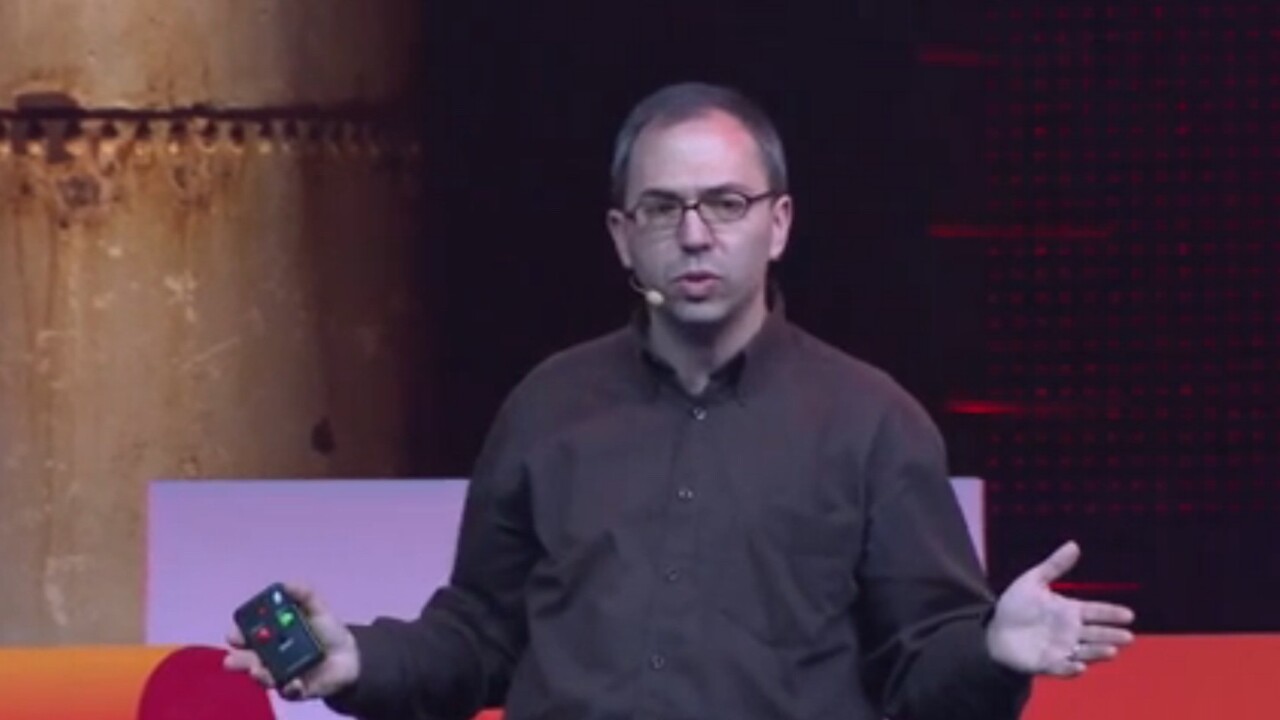
Every two years, the amount of information in the world doubles.
Kenneth Cukier, The Economist’s Data Editor, thinks that with data quantity also comes an increase in data quality. With more data, we are able to extract more information from it.
Big data enables us to learn and to process information faster. In 2003, with the computer capabilities at that time, it would take about 10 years to sequence the human genome. In 2013, it took about 2-3 days. Other activities like speech recognition, text translation, and self-driving cars are getting more precise the more data we have. Now, we can collect more information than we ever could before and we no longer need to work with samples only.
We’ve just added Kenneth Cukier’s talk from TNW Europe Conference 2012 to our TNW Video site and you can watch it right now for free
The downside of having more data is that it becomes more messy to work with. Although the data collection is getting cheaper, the cost of cleaning the data increases.
In the future, big data will offer us endless possibilities, it can even save lives or predict contraindications. As an example, Cukier mentions a research project that focused on 82 million search results. By comparing searches of two drugs and certain medical conditions, scientist found a correlation between using those drugs and the side effects of using them together.
How can traffic accidents be prevented using data? How can we predict and prevent crimes? And what is a dictatorship of data? Watch the video to find out.
Watch more TNW Conference videos right now at TNW Video.
Get the TNW newsletter
Get the most important tech news in your inbox each week.




